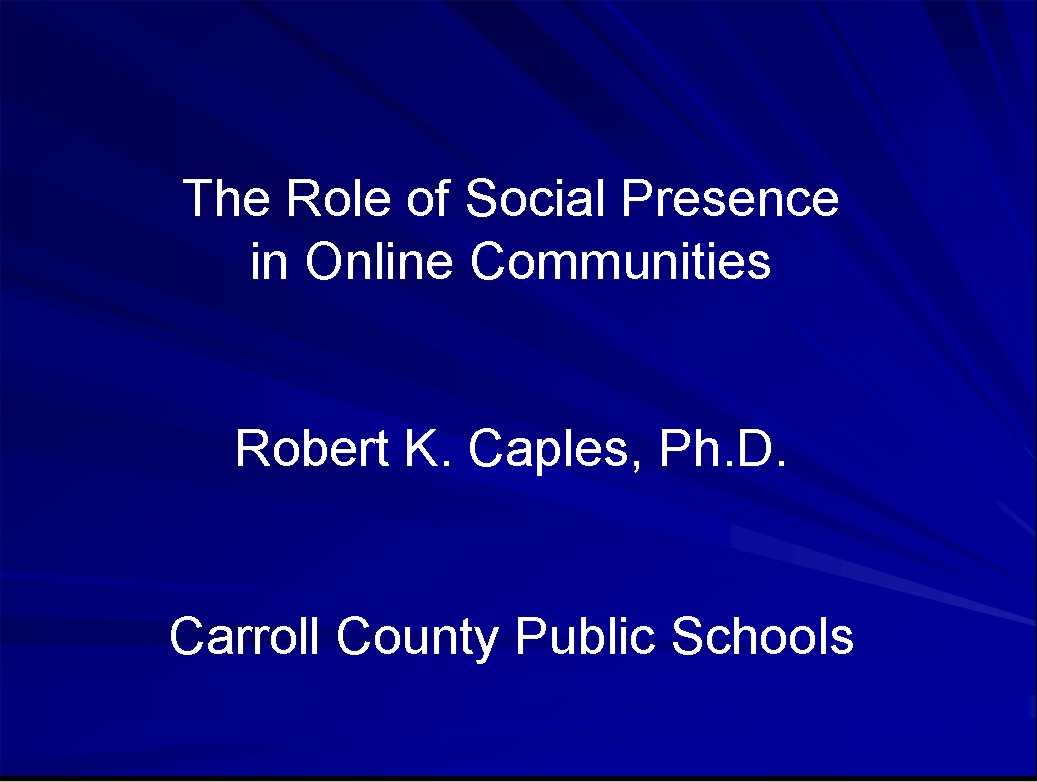Poor Mr. Dotcom. All that copywritten material on his web site and no way to control it.
So the USA took over his Virginia server farm and now plans to "delete" all the content there (see this).
But I wonder...
Why does no one consider, say, Google's (YouTube's owners) founders Sergey Brin and Larry Page as similar sorts of "criminals"?
After all, I can jump on YouTube and enter "Neil Young" to see this (no doubt this link will fail soon so make up your own popular artist and note that this link is for the purposes of reporting on copyright infringement as well as its impact on society):
"Down by the River" - Why do I doubt that this video was placed on YouTube by the copyright owner (Ledzep69man is probably not really Neil Young, eh)?
(I chose Neil Young because as a geezer its unlikely he authorized these uploads. You can also search for "Adele" - a mere youngster of twenty something - on Google and discover videos likely to be uploaded by some group Adele-related because they have ads as well as those that were clearly not such as this with a million and a half or so views.)
But don't worry - Google's not helping you infringe - even by displaying video thumbnails.
YouTube, as a live performer, is a wonderful source of copywritten content for learning songs. The songs are always around and there are always many versions (the above link showed me 172,000 similar hits).
Yet no one cares, apparently, at least not in the same vaunted laws of legal "correctness" that followed megaupload.com to its intended legal destruction... Google/YouTube must play in the right Hollywood social circles.
Using the law as a weapon is not limited to the US Government/Big Hollywood Complex.
(I also read that Apple has negotiated its iCloud storage agreements with "Big Hollywood" to make the lawsuit-proof - as it were...)
Next consider this article.
Terrorists using EU human rights law, when captured, to claim that deportation violates their "right to family and private life" such as "studies, employment, friendships and sexuality."
Nice, eh?
The guy (a Mr. Qatada) who trained Mohammed Atta (famous for the 9/11 attacks) can't be deported from the UK because he might suffer harm at "home."
So terrorists and big Hollywood have something you and I don't...
A legal "chance" in life.
You see, we are not "legally" equal. There is no such thing as legal equiality.
Like the pigs in "Animal Farm" some, like the RIAA, are apparently more "Legally Equal" than others.
Supporting and funding terrorism these days merely means finding hard-up-for-money human rights "lawyers" to think up new and clever ways to use the law against everyone but their clients. There are so many laws and wondrous new "rights," particularly in the EU, that virtually any prosecution of a terrorist will run afoul of at least one. Hence Mr. Qatada now has a monthly government welfare stipend of £1,000 a month as well as his freedom.
Nice...
And Mr. Dotcom - as I see it no more or less guilty of copywrite infringment than Google's founders - has a heavy multinational legal battle ahead of him (I still predict his exoneration - though your files will still be victims).
And you and I, if we had anything legitimate loaded into megaupload.com, are going to have it deleted. (Everyone admits that there is a lot of non-infringing content involved.)
Would the law delete all of YouTube's US content I wonder?
Particularly without a trial or conviction.
The RIAA and Hollywood are so powerful that your megaupload files or mine can simply be deleted - not even seized like boats, houses and cars in DEA cases for auction. Not even after a trial. Simply seized and destroyed.
Destroyed without concern of rightful ownership, value, or anything else.
And last I checked Mr. Dotcom was not found guilty of anything yet. Especially here in the USA.
Still - our content will be deleted...
So now we, as citizens, are the target of weaponized law. Weaponized against us, the normal everyday joes, who don't go around blowing up building, uploaded stolen content, or anything else wrong.
Now in thinking about it there are several words that describe this as the idea is not new:
- Schmuck
- Fool
- Schlep
- Dupe
Where will this lead?
I'll tell you...
In the future you'll hear the air raid sirens - but instead of guns pointed skyward to shoot down the enemy a single lawyer will appear.
The lawyer will produce a single complaint on a sheet of paper.
And the evil doers will have us all rounded up and taken away - our property destroyed.
Weaponized law strikes again.
Not even the US IRS has this much power...
One of the reasons for all this is that law is not hierarchical in any way. Law is law. So stupid laws can lock horns with good laws leaving us, the dupes, paying the local Mohammed Atta trainer his monthly stipend.
The law was never intended to be used against citizens in this way.
Something needs to be done...
So the USA took over his Virginia server farm and now plans to "delete" all the content there (see this).
But I wonder...
Why does no one consider, say, Google's (YouTube's owners) founders Sergey Brin and Larry Page as similar sorts of "criminals"?
After all, I can jump on YouTube and enter "Neil Young" to see this (no doubt this link will fail soon so make up your own popular artist and note that this link is for the purposes of reporting on copyright infringement as well as its impact on society):
"Down by the River" - Why do I doubt that this video was placed on YouTube by the copyright owner (Ledzep69man is probably not really Neil Young, eh)?
(I chose Neil Young because as a geezer its unlikely he authorized these uploads. You can also search for "Adele" - a mere youngster of twenty something - on Google and discover videos likely to be uploaded by some group Adele-related because they have ads as well as those that were clearly not such as this with a million and a half or so views.)
But don't worry - Google's not helping you infringe - even by displaying video thumbnails.
YouTube, as a live performer, is a wonderful source of copywritten content for learning songs. The songs are always around and there are always many versions (the above link showed me 172,000 similar hits).
Yet no one cares, apparently, at least not in the same vaunted laws of legal "correctness" that followed megaupload.com to its intended legal destruction... Google/YouTube must play in the right Hollywood social circles.
Using the law as a weapon is not limited to the US Government/Big Hollywood Complex.
(I also read that Apple has negotiated its iCloud storage agreements with "Big Hollywood" to make the lawsuit-proof - as it were...)
Next consider this article.
Terrorists using EU human rights law, when captured, to claim that deportation violates their "right to family and private life" such as "studies, employment, friendships and sexuality."
Nice, eh?
The guy (a Mr. Qatada) who trained Mohammed Atta (famous for the 9/11 attacks) can't be deported from the UK because he might suffer harm at "home."
So terrorists and big Hollywood have something you and I don't...
A legal "chance" in life.
You see, we are not "legally" equal. There is no such thing as legal equiality.
Like the pigs in "Animal Farm" some, like the RIAA, are apparently more "Legally Equal" than others.
Supporting and funding terrorism these days merely means finding hard-up-for-money human rights "lawyers" to think up new and clever ways to use the law against everyone but their clients. There are so many laws and wondrous new "rights," particularly in the EU, that virtually any prosecution of a terrorist will run afoul of at least one. Hence Mr. Qatada now has a monthly government welfare stipend of £1,000 a month as well as his freedom.
Nice...
And Mr. Dotcom - as I see it no more or less guilty of copywrite infringment than Google's founders - has a heavy multinational legal battle ahead of him (I still predict his exoneration - though your files will still be victims).
And you and I, if we had anything legitimate loaded into megaupload.com, are going to have it deleted. (Everyone admits that there is a lot of non-infringing content involved.)
Would the law delete all of YouTube's US content I wonder?
Particularly without a trial or conviction.
The RIAA and Hollywood are so powerful that your megaupload files or mine can simply be deleted - not even seized like boats, houses and cars in DEA cases for auction. Not even after a trial. Simply seized and destroyed.
Destroyed without concern of rightful ownership, value, or anything else.
And last I checked Mr. Dotcom was not found guilty of anything yet. Especially here in the USA.
Still - our content will be deleted...
So now we, as citizens, are the target of weaponized law. Weaponized against us, the normal everyday joes, who don't go around blowing up building, uploaded stolen content, or anything else wrong.
Now in thinking about it there are several words that describe this as the idea is not new:
- Schmuck
- Fool
- Schlep
- Dupe
Where will this lead?
I'll tell you...
In the future you'll hear the air raid sirens - but instead of guns pointed skyward to shoot down the enemy a single lawyer will appear.
The lawyer will produce a single complaint on a sheet of paper.
And the evil doers will have us all rounded up and taken away - our property destroyed.
Weaponized law strikes again.
Not even the US IRS has this much power...
One of the reasons for all this is that law is not hierarchical in any way. Law is law. So stupid laws can lock horns with good laws leaving us, the dupes, paying the local Mohammed Atta trainer his monthly stipend.
The law was never intended to be used against citizens in this way.
Something needs to be done...















